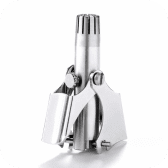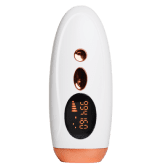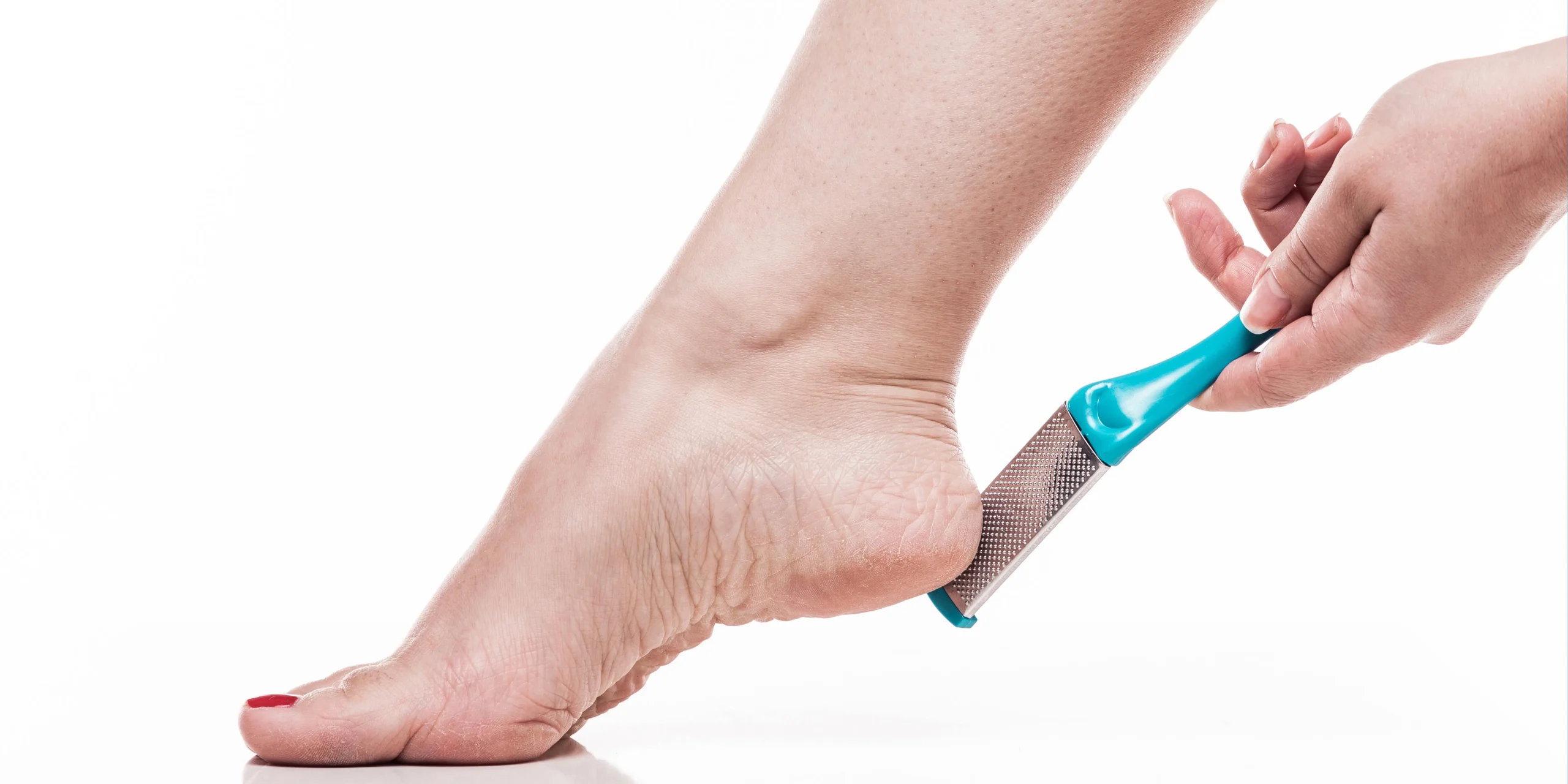

Athlete’s Foot vs Dry Skin: Key Differences and Treatments
Learn the key differences between athlete’s foot and dry skin, including symptoms, causes, and effective treatments for each condition
 Free Fast Shipping on Orders Over $60
Free Fast Shipping on Orders Over $60Thick toenails can make trimming and maintaining healthy, short nails more difficult. Whether it’s caused by aging, trauma, or fungus, trimming and treating thick toenails at home is possible and safe (when done right).
From treatments for fungal infections to swift and easy hacks to make trimming a breeze, this guide is packed with helpful tips to get rid of thick toenails quickly and safely.
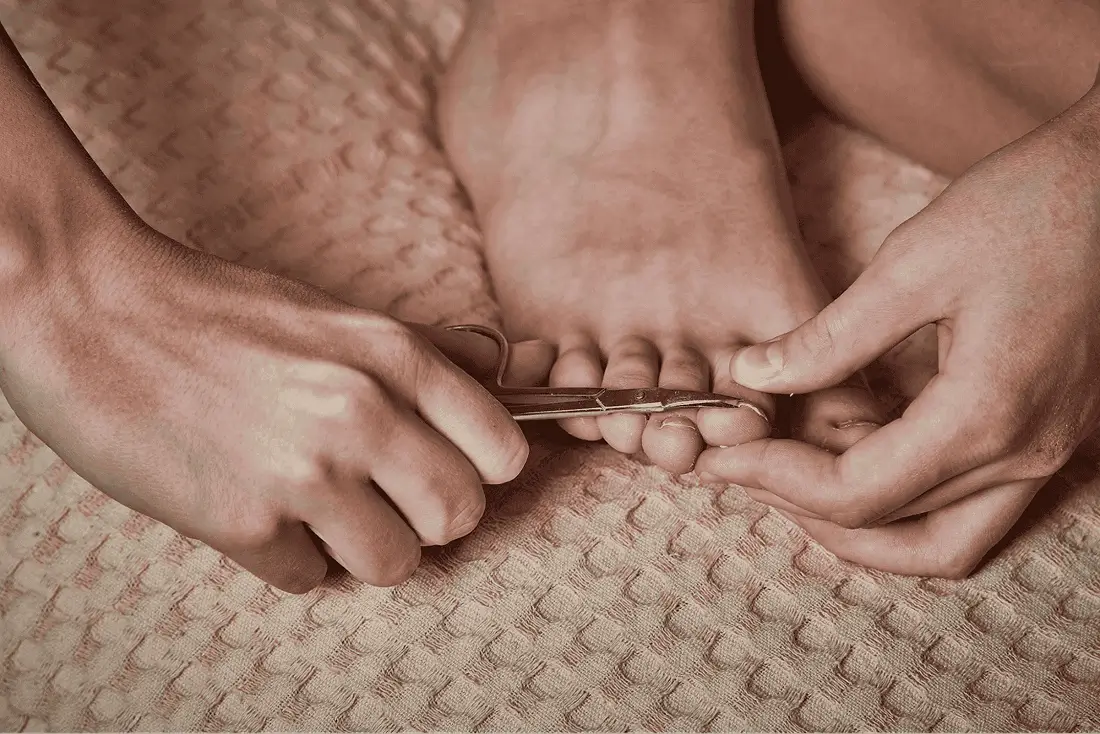

There are lots of possible causes of thick toenails. Here are some of the most common:
Fungal infections can cause thick toenails. If you have a fungal infection, you may also notice other symptoms, including:
A fungal infection known as onychomycosis is the most common cause of thick toenails.
Trauma to the foot can cause thick toenails, especially if the nail root or nailbed are affected. Even minor mishaps, like stubbing your toe, can cause significant thickening. Other examples of accidents and injuries include:
You might want to read: Nail Fungus vs Nail Bruise
It’s common to experience thickening of the toenails as you get older. The main reasons are slower nail growth and reduced circulation to the toes. Aging can also cause nail ridges and lines in the fingernails and toenails.
Sometimes, thick toenails can be a sign of underlying health conditions, including diabetes and psoriasis.
Please check with a doctor to get the right diagnosis.
If you have thick toenails, you may also notice additional symptoms, or you may have signs of other illnesses. Examples include:
Fungal infections are a common cause of nail thickening, but thick toenails can also be linked to:
If you have thick toenails, taking good care of your feet is crucial. Here are some simple steps to follow to get rid of thick toenails quickly:
Before you start clipping and trimming, it’s beneficial to soften your toenails by bathing your feet in warm water for at least 10 minutes. This will make it easier and more comfortable to trim your toenails by making them softer.
Note: For better results, you can soak feet in warm water combined with Epsom salt or vinegar for 15 to 20 minutes.
The next step is to use clippers to cut your nails gently and in small sections. Start by making straight cuts across the top of the nail and use a nail file to smooth the edges. If you have thick toenails, it’s wise to utilize specially designed clippers for thick nails.
These clippers tackle thicker toenails, enabling you to trim your nails with ease. They are stronger and more robust than traditional clippers.
When you clip your nails, it’s important to trim straight across the nails to lower the risk of ingrown toenails.
Note: Be sure to always disinfect the clippers, nail file, and cuticle pusher. Avoid reusing tools across infected areas.
The last step is to smooth the edges of the nails using a nail file. This will help to get rid of any sharp and uneven edges.
Tip: If pain, crumbling, or discoloration occurs, please make sure to consult a podiatrist as this could indicate a different underlying condition.
If you have a fungal infection, it’s important to avoid spreading the infection. If you want to properly take care of your thick nails, make sure to:
There are many treatment options for thick toenails. The most effective treatment will depend on the root cause.
If you have thick toenails that are not caused by fungus, this can be a sign of underlying health issues. Treating the primary illness can help to ease symptoms. Your doctor or podiatrist may also recommend targeted foot care treatments to reduce thickness.
Nail injuries usually heal without the need for additional treatment, but recovery can take time. If you have pain or discomfort, or you’re concerned about your toenails, seek expert advice.
Prevention is always better than a cure. It may not be possible to prevent thick toenails in every case, but following these steps can lower risks:
Maintaining good foot hygiene is essential for reducing the risk of infections. Wash your feet regularly, wear socks with shoes or bare feet, change your socks daily, and dry between your toes.
Additionally, make sure that your tools are also constantly disinfected and that they are properly taken care of.
Wearing tight, uncomfortable shoes that don’t fit properly can increase the risk of damage to the nails and discomfort.
Use antifungal sprays or foot powders on a regular basis.
Trimming your toenails properly can help prevent pain and reduce the risk of ingrown toenails. Cut across the top of the nail in a straight line. Use a nail file or buffer to smooth your nails.
If you notice symptoms, such as thick or discolored toenails, or if your nails are painful when you put your shoes on, seek advice. The sooner you tackle problems, the lower the risk of more severe symptoms.
Don’t ignore foot injuries or inflammation.
Of course! You need to make sure to regularly trim and treat your nails. Commit to your treatment and you will (in time) see your nails back to normal.


With a strong background in engineering and a passion for creating user-focused solutions, Adrian leads the Swissker development team with precision and innovation. Over the past decade, he has helped design and refine tools that combine cutting-edge technology with everyday practicality. Adrian is dedicated to improving quality of life through well-engineered, safe, and effective solutions, backed by rigorous research and a deep understanding of user needs. When not in the lab, he stays current with emerging trends in personal care, wellness, and health-tech innovation to ensure every product meets the highest standards.
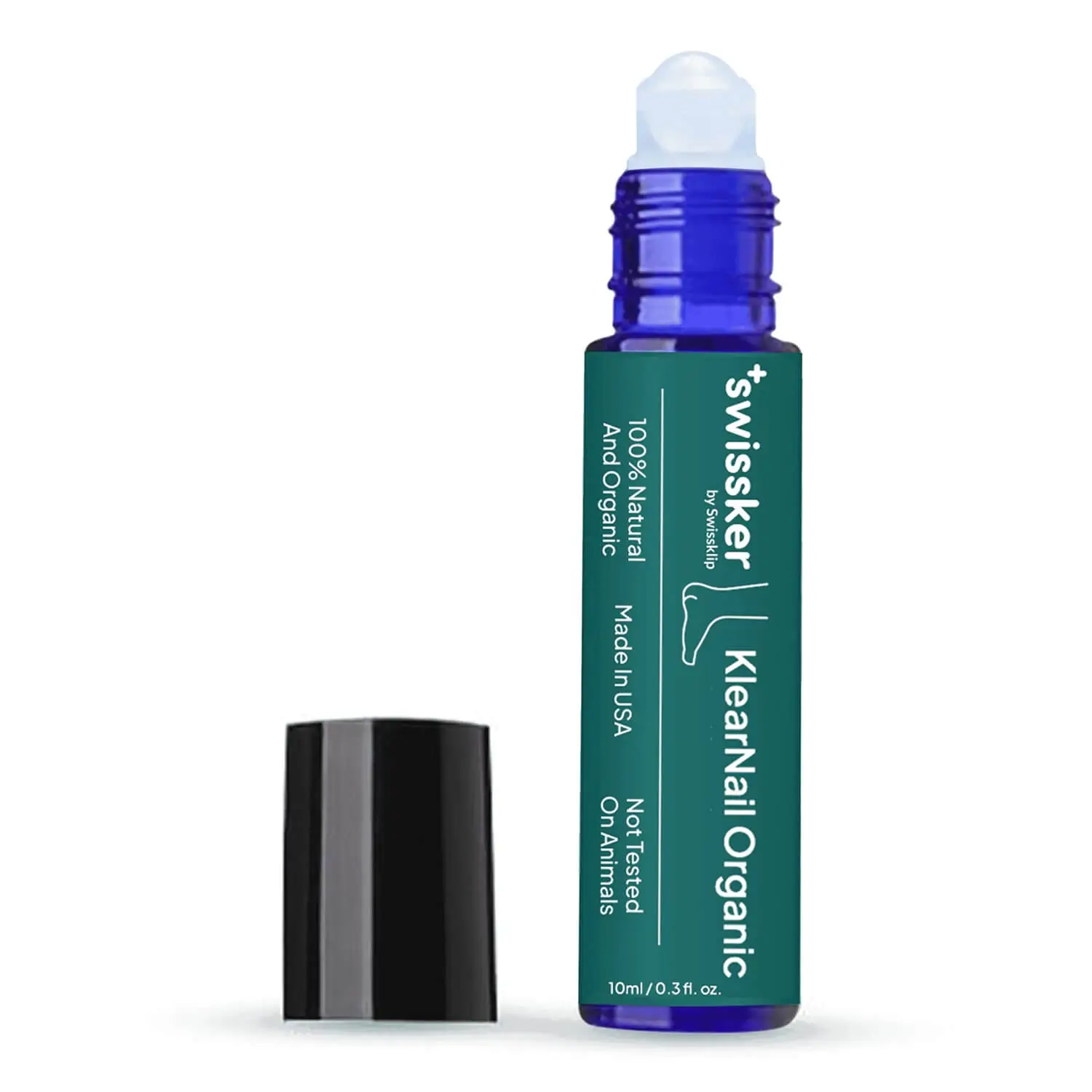

A roll-on solution that kills drug-resistant fungus on contact.
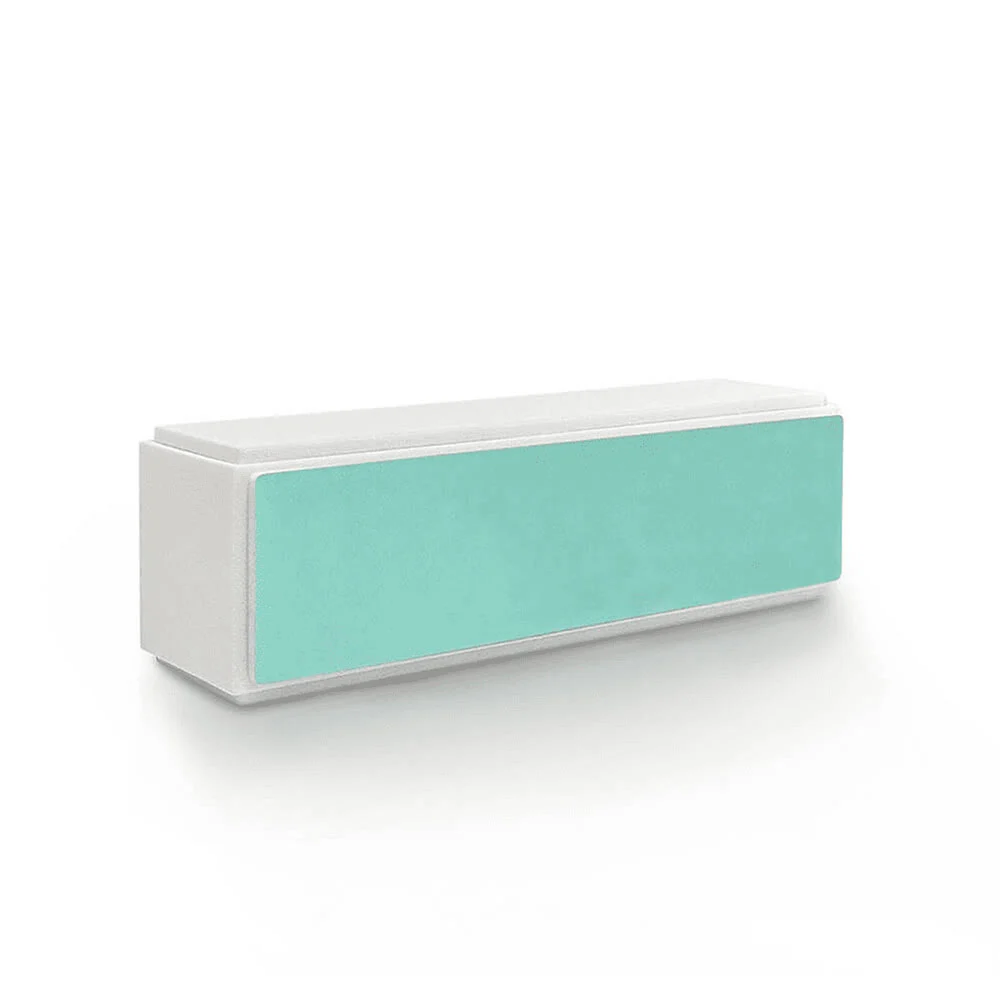

Achieve salon-quality smoothness and a dazzling natural shine
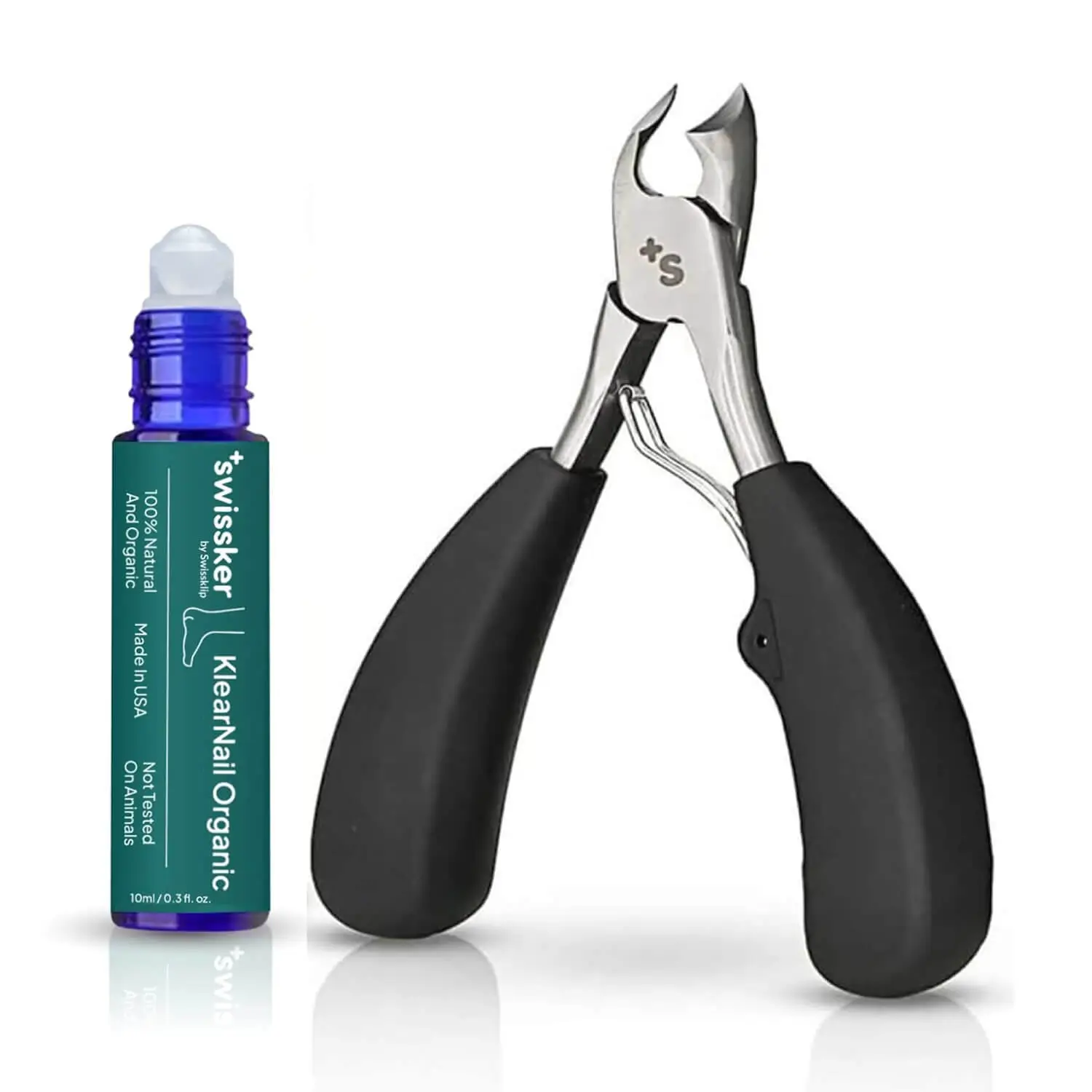

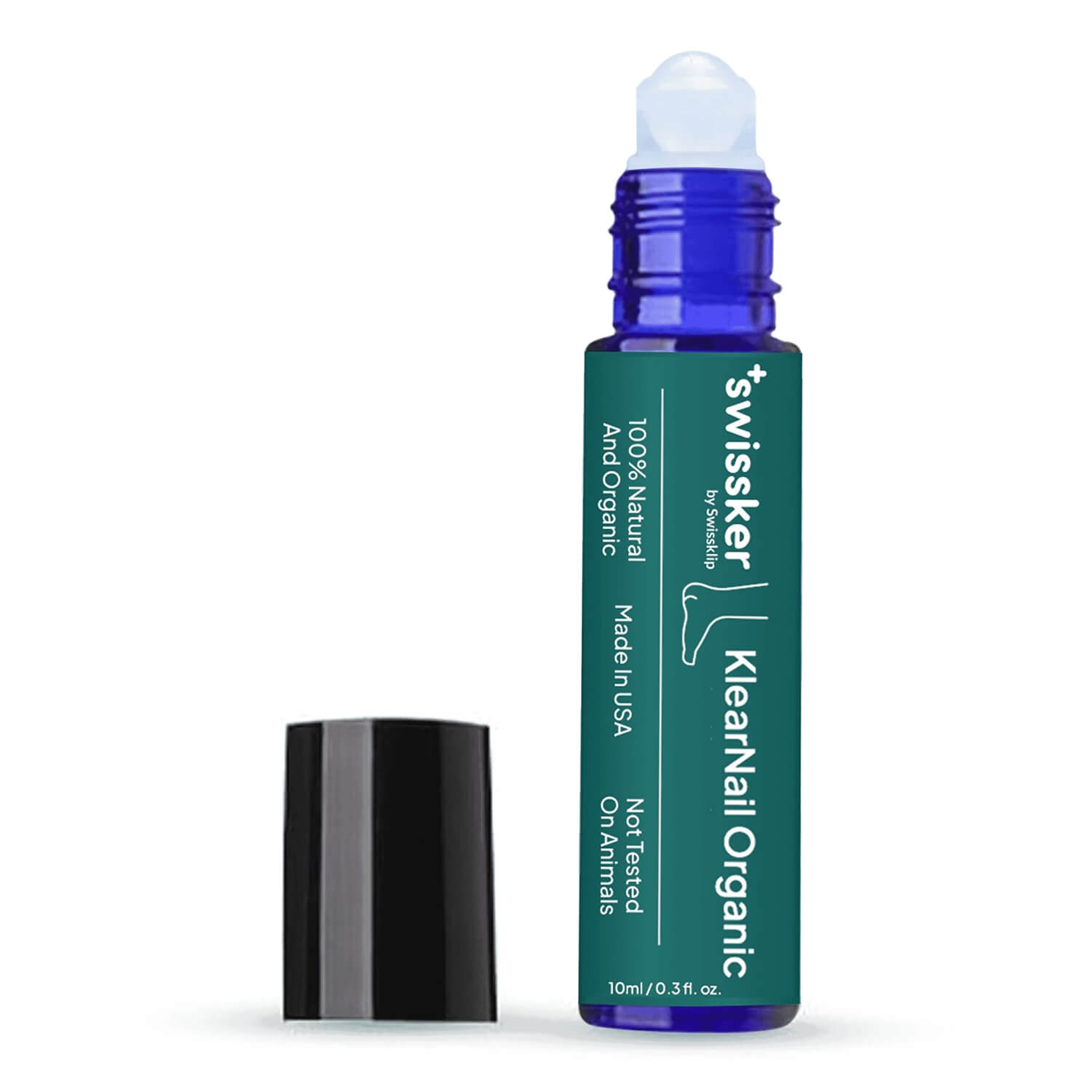

A roll-on solution that kills drug-resistant fungus on contact.
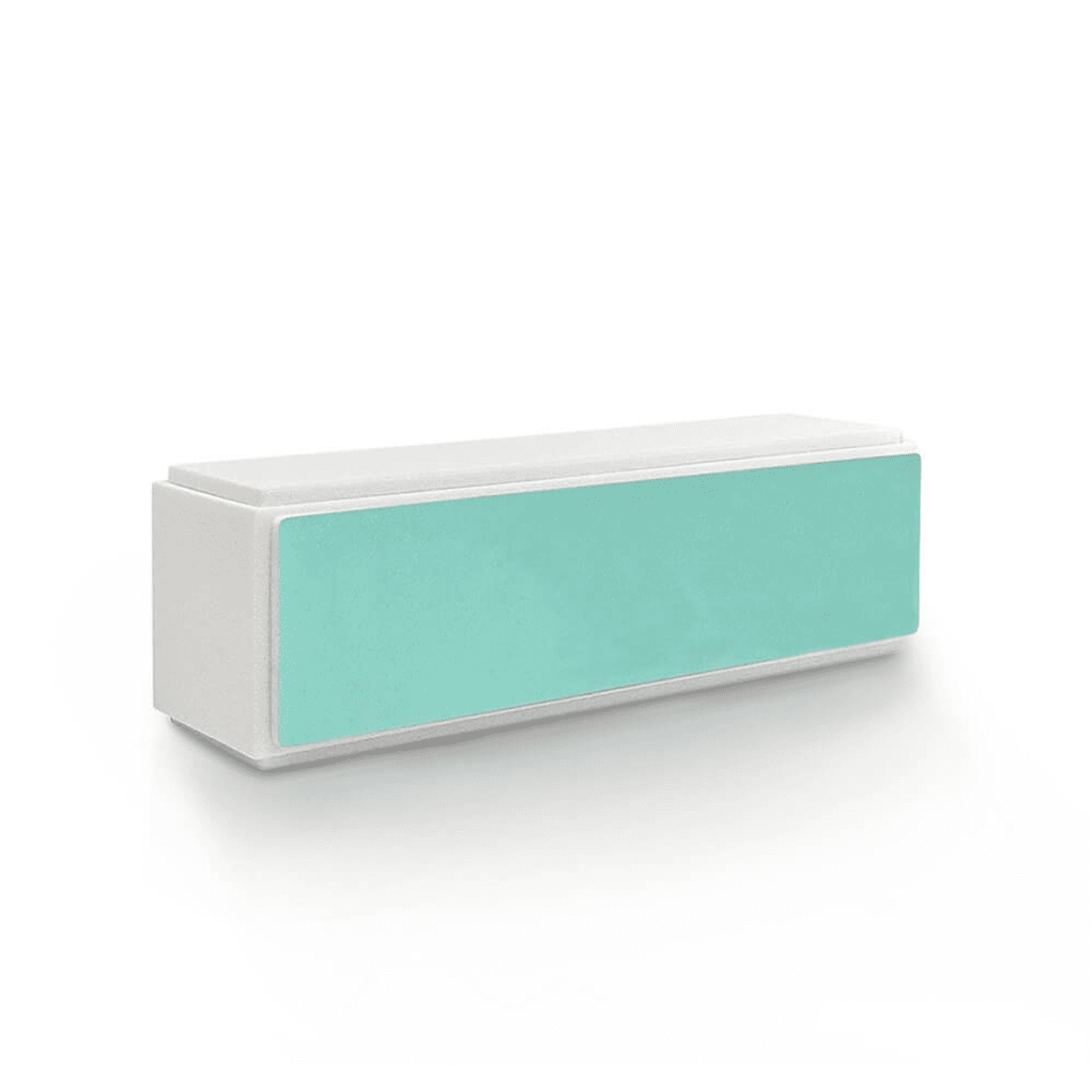

Achieve salon-quality smoothness and a dazzling natural shine
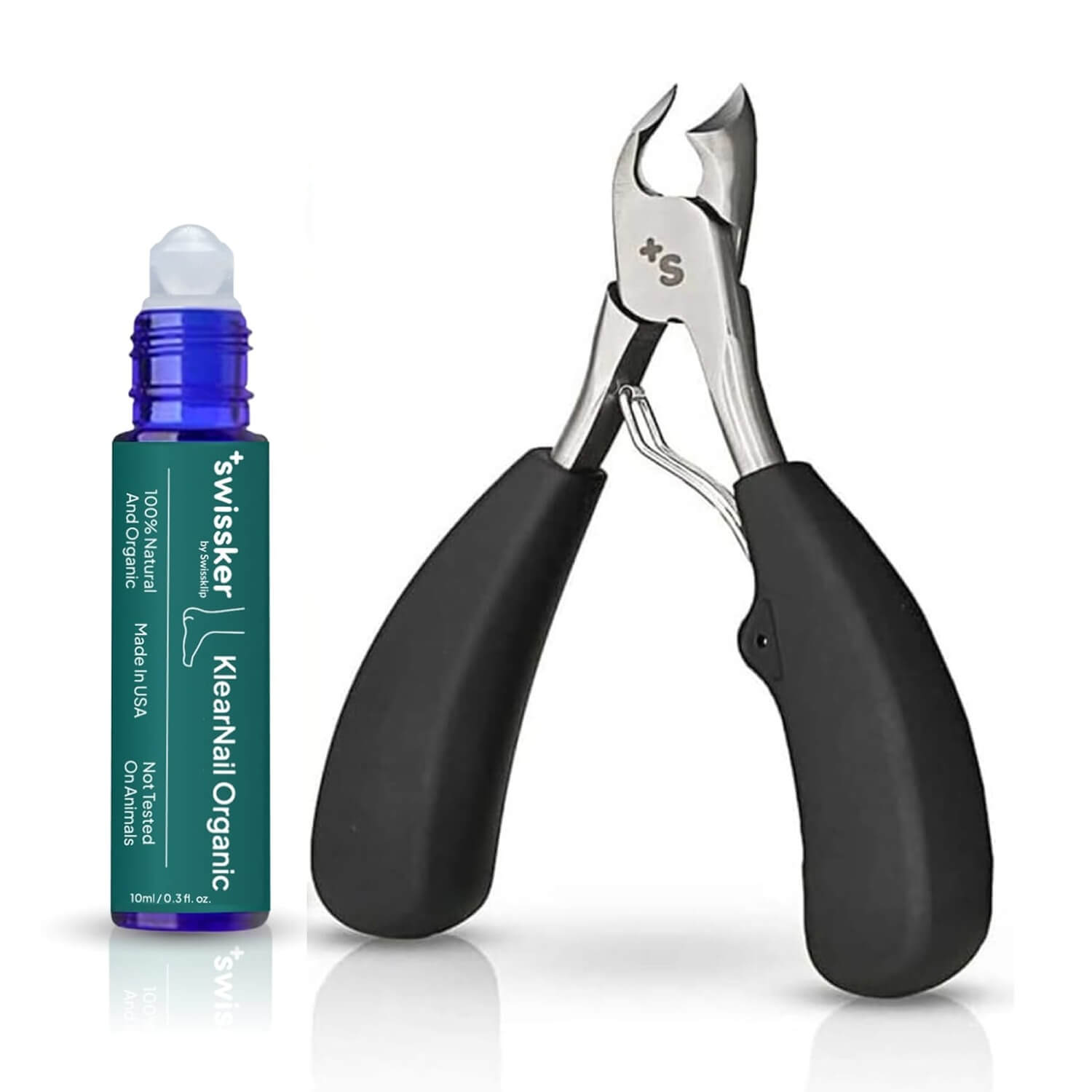



Learn the key differences between athlete’s foot and dry skin, including symptoms, causes, and effective treatments for each condition
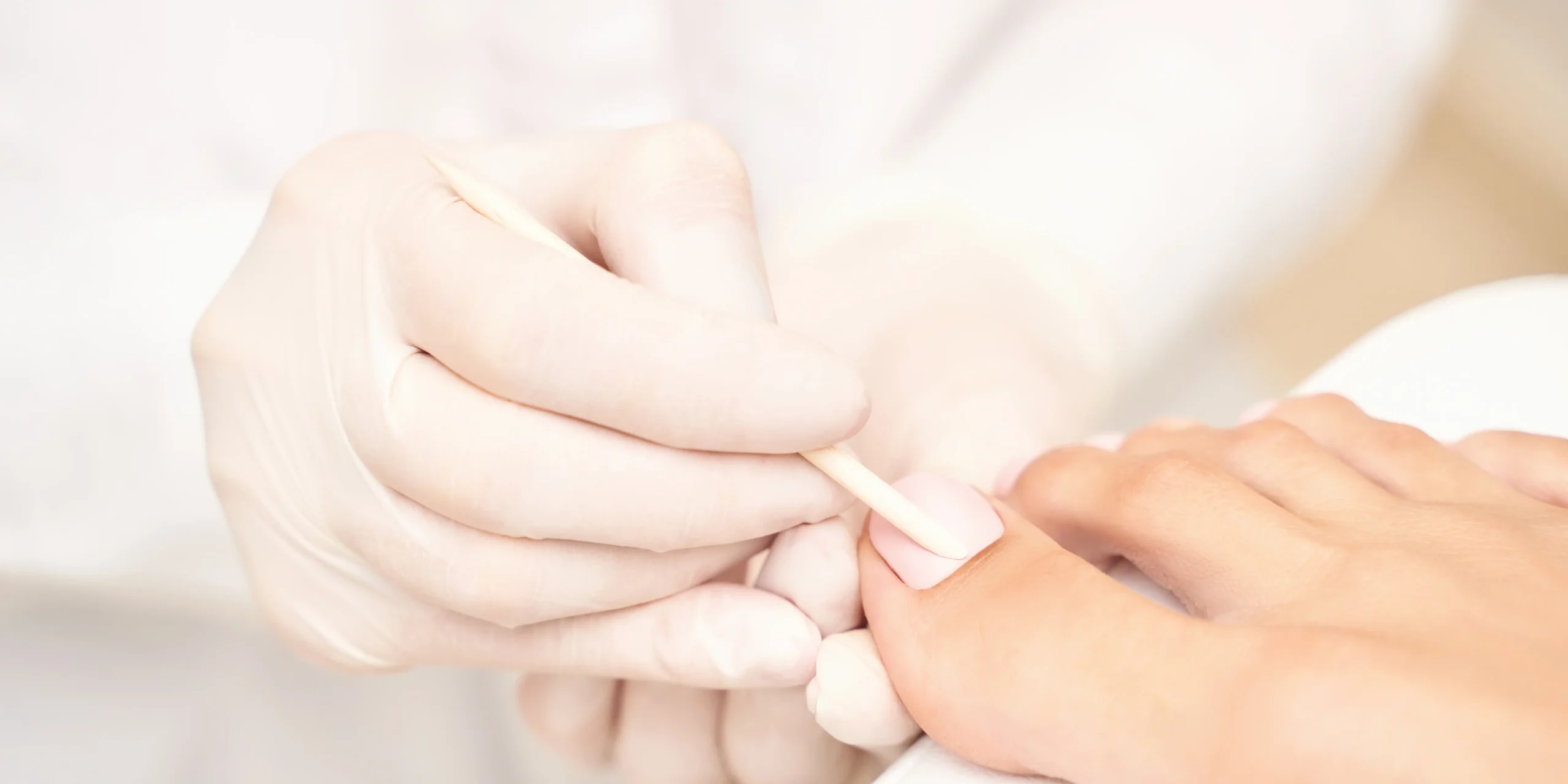

Wondering why your nail is white? Explore common causes and simple remedies to treat and prevent white spots or discoloration
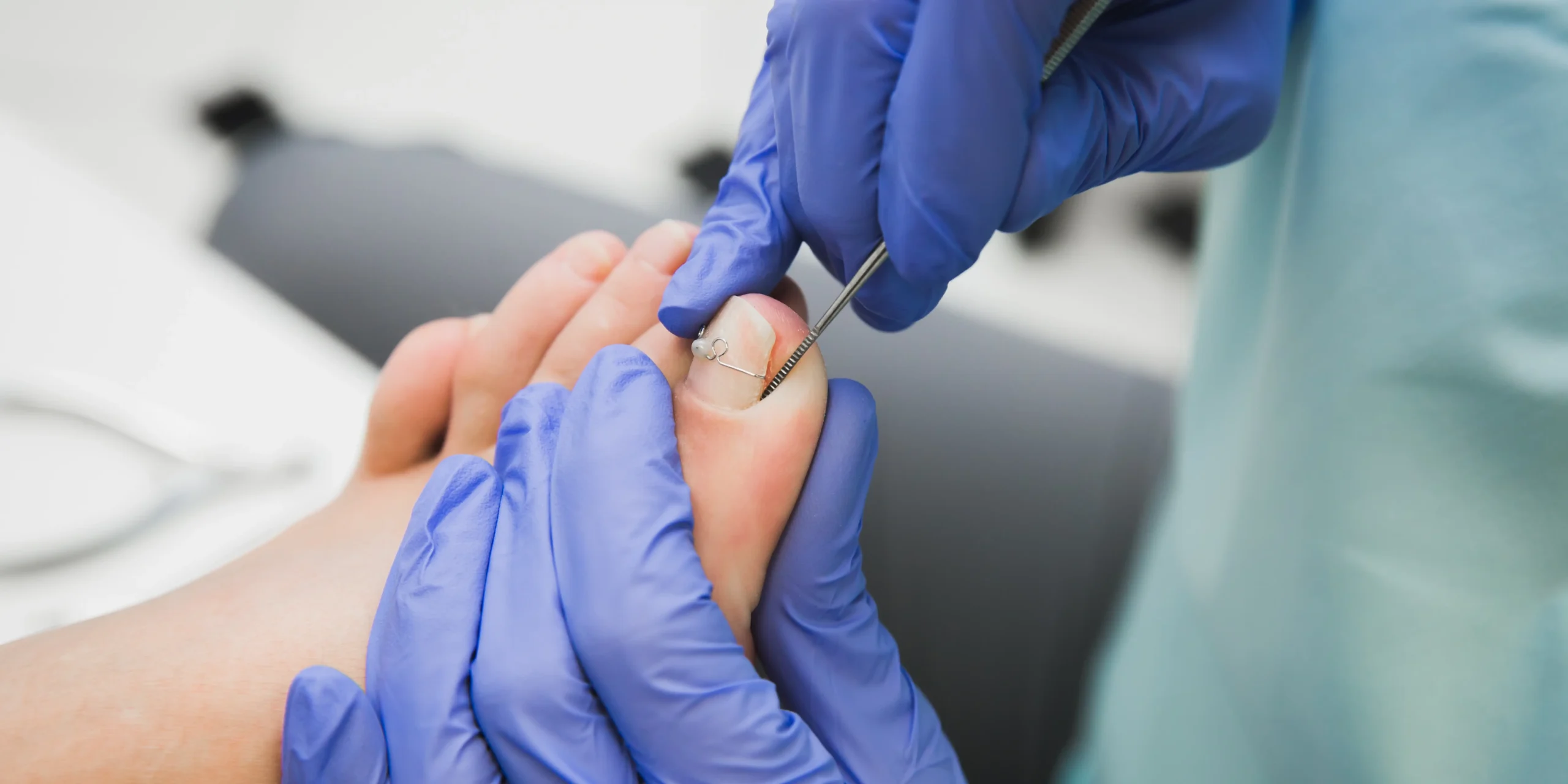

Learn effective strategies to prevent and treat ingrown toenails, including proper nail trimming, footwear choices, and when to seek professional care
